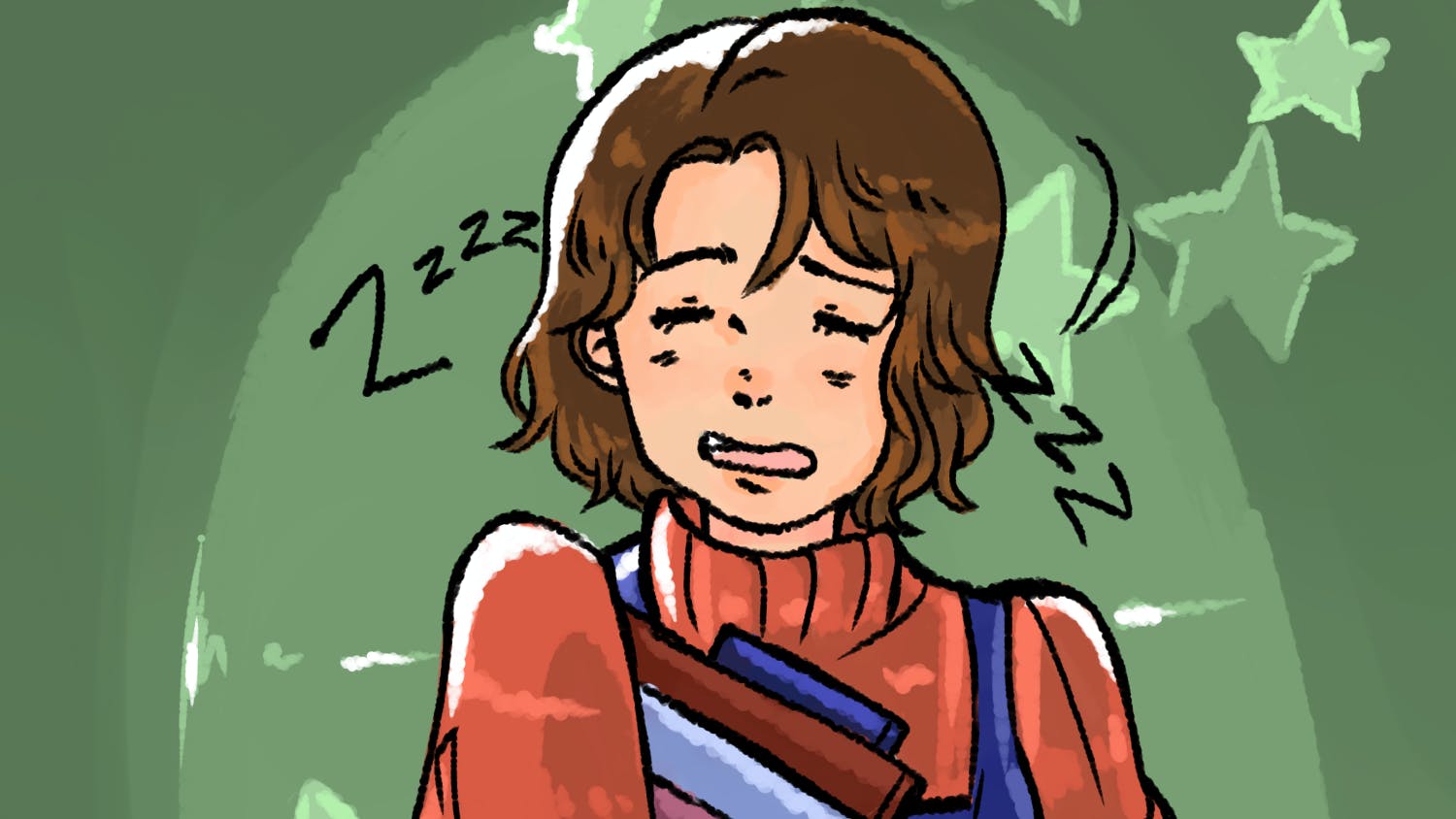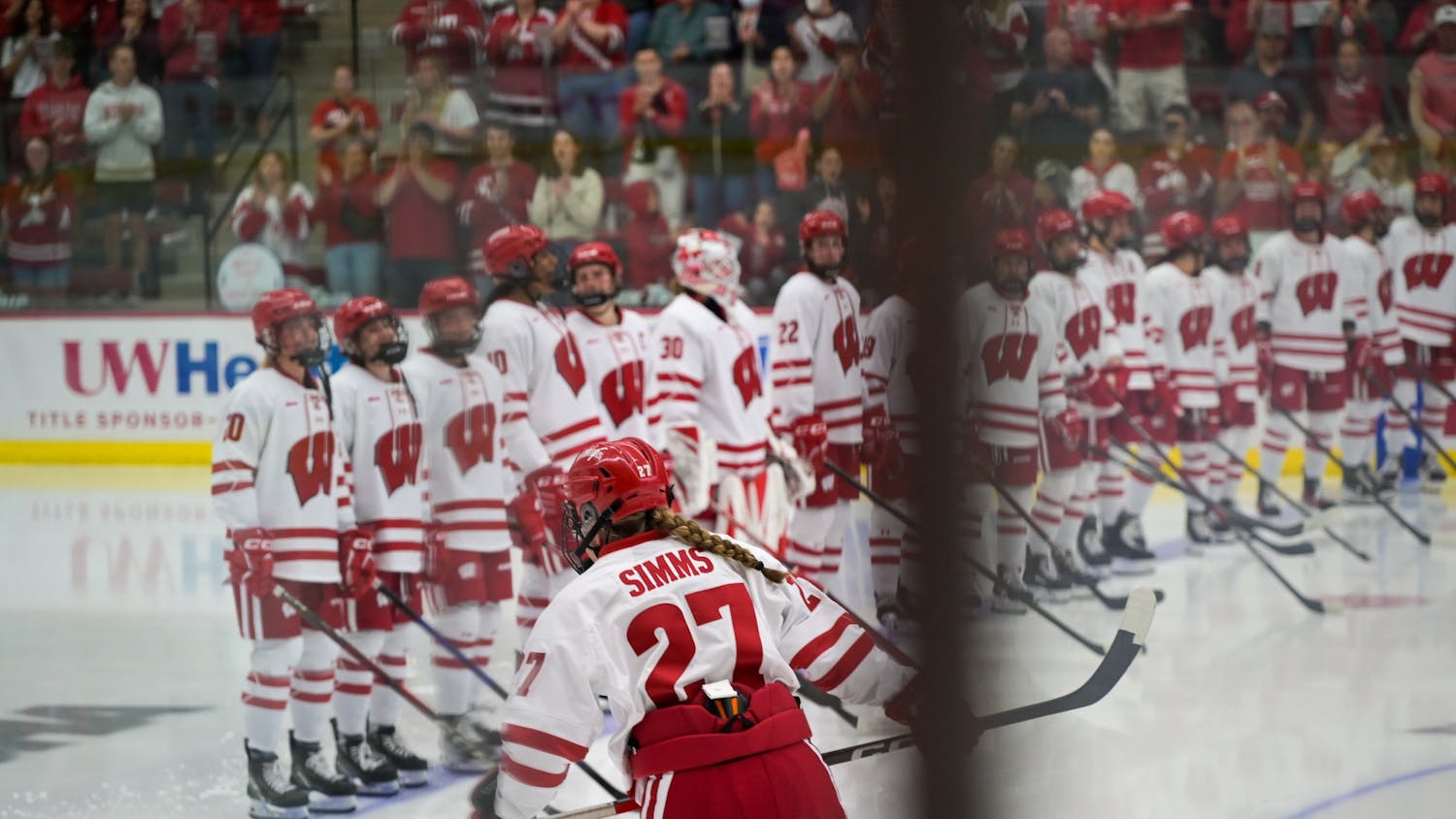A lot of blame gets thrown around when discussing mental illnesses, especially depression. Depression is one of the haziest of chemical imbalances, and the line between clinical depression and just having a series of off-days is a fine one. Who bears the guilt for despondence? To what must we attribute our despair? Who is responsible for depression? Ourselves, the chronically depressed? Our friends and families? Surely no one is directly responsible for our anguish. Depression is no one person’s fault, because depression is a result of our modern lifestyles.
We’re lonesome because we’re alienated and cut off from others. We’re hopeless because it’s impossible to attain one’s hopes without self-discipline and personal responsibility, but both are undermined by our context of instant gratification. We’re consumed by the ducks of anxiety, nipping at our heels and stepping on our toes, because we were simply not built for the sorts of stress we have claimed as our modern inheritance.
I was diagnosed with depression in tenth grade, but I don’t identify as depressed because I don’t view my chemical realities as something that’s wrong with me, as a symptom of my mental illness, as my problem. I view it as one manifestation of society’s much larger, deeper problems. Therefore, I don’t treat it with therapy. I don’t treat it with pills. I treat it by striving to purge the worst of internalized societal power structures from my being. I do it by trying to develop meaningful, deep relationships within a context of Facebook and hook-ups. I do it by expressing myself and by helping people. It is definitely true that directing mental creative energy outward by focusing that bright lens on others, instead of employing it in self-scrutiny and navel-gazing works wonders. Our culture encourages self-centeredness in a heightened, panicked pitch; it is a blinding, desperate wail that sounds just like the whimper you make at night when you’re torn between your sheets and your blankets, your instincts and your programming.
Some cultures avoid the rabid self-centeredness that characterizes us. The Hutterites, an isolated religious group which has existed for 400 years, have crafted their society so differently than ours that our societal problems of divorce, insanity and even depression are next to unknown in their communities. Their long-standing religious customs establish a society that emphasizes the communal over the individual, but through these practices the Hutterites are able to avoid conflict and mental unrest to a great degree.
In modern society, where the individual comes to the fore, we get caught in a festering cycle of guilt and self-reproach, internalizing our problems instead of externalizing and working through them. When you look at the loneliness, hopelessness and gloom that characterize depression, you can’t separate the symptoms from their brain chemistry. And when you examine that brain chemistry, it’s easy to see it not as some awful disorder but as a specific kind of neurobiological symptom of a much larger, societal disease.
This is how I view and frame my own struggle with depression. Usually people end this sort of discussion with that kind of qualification, with an acknowledgement that everyone’s struggle and experience is personal. And it is. I’m only one mind.
But I won’t end it there. It would be disingenuous to end it there, because it’s not what I believe and because this is an opinion column. You, reader, could probably be diagnosed with depression if you wanted, if you haven’t yet, because alienation is in the air we breathe. It’s in anonymous faces. It’s in the relentless demand for our money over the things that make us individuals of intrinsic worth. It’s in the indifference to suffering and obscene short-sightedness of our institutions we’re forced to witness and adopt every day just to get to the grocery store. Depression is a thing that touches all of us, that has its hooks in all of us. And fighting it means working every day to define ourselves not in opposition to our own minds, our own brains, but instead in opposition to those pieces of society that remove us from ourselves, that damage and traumatize us.
Noah is a sophomore majoring in history of science and community and nonprofit leadership. Please send all feedback to opinion@dailycardinal.com.





